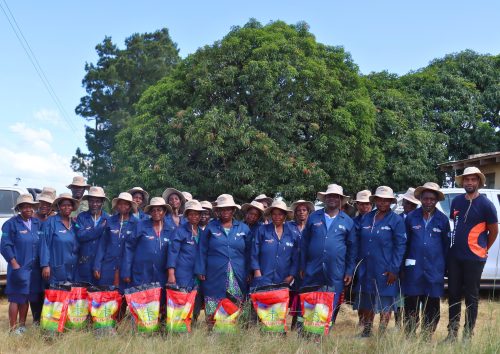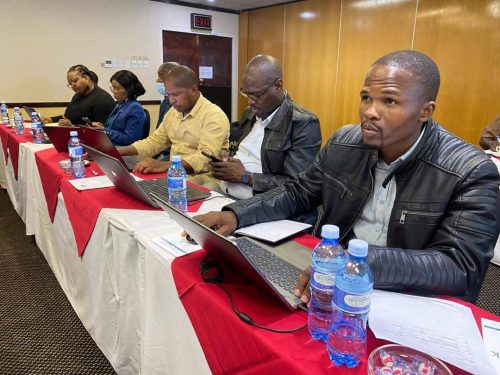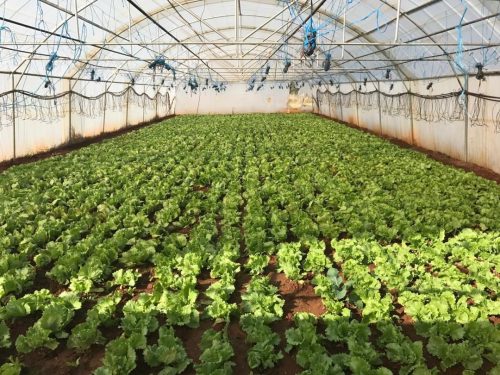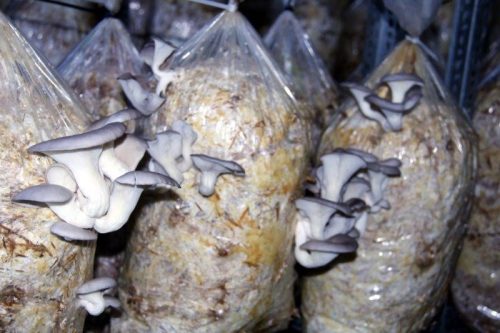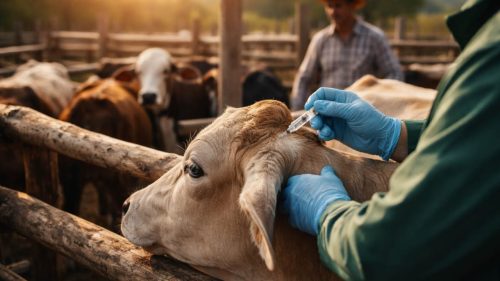BY SIKHULILE DLAMINI
Eswatini proudly hosted the 12th Regional Steering Committee (RSC12) meeting for the Global Framework for the Progressive Control of Transboundary Animal Diseases (GF-TADs) from March 11 to 13, 2025, in Mbabane. This significant gathering brought together regional veterinary officials, global health experts, and stakeholders from across Africa, emphasizing a collective resolve to tackle transboundary animal diseases (TADs) that threaten food security and economic stability on the continent.
In his opening address, the Minister of Agriculture, Hon. Mandla Chauke, emphasized that transboundary animal diseases pose severe challenges to Africa’s aspirations for food sovereignty and improved livelihoods. “We must remain vigilant to protect our livestock from outbreaks, ensuring uninterrupted trade, especially within the African Continental Free Trade Area (AfCFTA),” said Minister Chauke.
Key diseases highlighted during the discussions included African Swine Fever (ASF), Foot-and-Mouth Disease (FMD), Peste des Petits Ruminants (PPR), Rift Valley Fever (RVF), and Contagious Bovine Pleuropneumonia (CBPP). The committee also recognized emerging threats like Lumpy Skin Disease, Highly Pathogenic Avian Influenza, African Animal Trypanosomosis, and African Horse Sickness, all of which significantly affect livestock production and international trade.
Dr. Hulam Salih, Chair of the Regional Steering Committee, stressed the necessity for innovative solutions amid limited resources. “We need active private-sector participation and strategic investment in disease management to ensure sustainable outcomes,” she remarked.
Eswatini received international commendation at the event for its proactive measures in controlling Foot-and-Mouth Disease, highlighting the effectiveness of its veterinary services. Dr. Colani Dlamini, Director of Veterinary and Livestock Production, reiterated Eswatini’s dedication to annual disease surveillance. “We continuously monitor regional diseases to ensure the health and safety of our livestock, contributing significantly to our goal of eradicating diseases like Peste des Petits Ruminants by 2030,” Dlamini affirmed.
The Director of the African Union Interafrican Bureau for Animal Resources (AU-IBAR), in his remarks, called for stronger public-private partnerships and innovative approaches to ensure effective animal health management. “Our strategies must involve the entire animal health ecosystem, from producers to agri-businesses, ensuring resilient value chains that align with the African Union’s Agenda 2063 vision of self-reliance,” he highlighted.
Delegates left the meeting with a unified commitment to strengthening regional collaboration, leveraging partnerships, and aligning action plans to enhance animal health security across Africa. This collaborative effort marks a critical step toward ensuring sustainable food security and robust economic growth for the continent.






